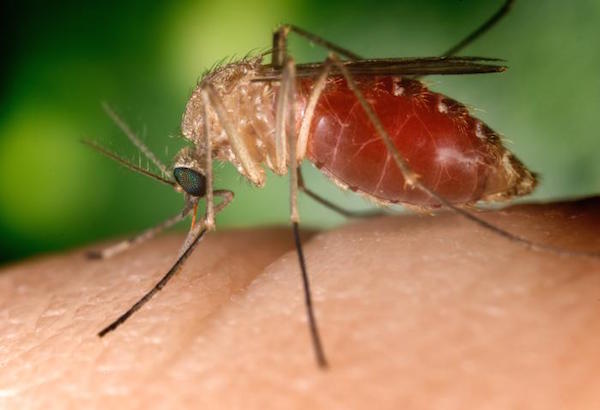For the U.S., a More Worrisome Zika Vector?
For the most part, concern over the spread of the Zika virus in the United States has focused squarely on the tropical breed of mosquito, Aedes aegypti, that has proved most adept at spreading it elsewhere in the world. But with summer approaching and the government stalling over funding to fight mosquitoes that carry the Zika virus, a new, quietly percolating concern could redefine how the U.S. protects itself from an epidemic that experts say is imminent.
The Atlantic magazine and Canada’s Globe and Mail newspaper both recently reported that the Culex genus of mosquitoes – responsible for transmitting the West Nile and St. Louis encephalitis viruses – might become competent at carrying and infecting people with the Zika virus as well. The evidence is based on unpublished research at Brazil’s Fiocruz institute that found Zika virus in the salivary glands of a Culex mosquito.
That the work is not peer reviewed hasn’t stopped the speculation, and viruses have been shown to jump mosquito species in the past. “Transmission of Zika through Culex mosquitoes may be possible,” Peter Hotez, dean of the National School of Tropical Medicine at Baylor College of Medicine, told The Atlantic. That would be particularly worrisome for public health officials in North America, because Culex mosquitoes are both heartier than their tropical cousins, and already living as far north as Canada. “If that turns out to be the case,” Hotez added, “then we’re all totally screwed.”

A mosquito in the Culex genus. Visual by Jim Gathany/Wikipedia.
The U.S. Centers for Disease Control and Prevention has dismissed the Zika–Culex link entirely. “All available science to date about Zika virus infection points directly to the Aedes species of mosquito as the primary factor,” Tom Skinner, a senior press officer at the CDC, told Undark in an email. “[There’s] nothing to suggest Culex playing any role in transmission of Zika.”
Others aren’t so sure.
“Zika is a loose cannon,” said Dina Fonseca, an entomologist at Rutgers University. Until it’s proven that the virus won’t infect Culex mosquitoes or any other reservoir animals – like the birds that exacerbated the spread of West Nile virus – scientists just don’t know how much of a threat Zika poses.
For now, no one knows if Culex can transmit Zika. There’s nothing in the scientific literature to prove it, or disprove it, Fonseca suggested. “The work in Brazil still hasn’t demonstrated that it’s the vector.”
Dawn Wesson, a mosquito expert at Tulane University, agreed. And she cautioned that scientists should beware of false positives. Just because a mosquito tests positive for Zika doesn’t mean it can necessarily transmit the virus. “There’s valid concern, but finding a wild caught mosquito with virus doesn’t mean it’s a vector,” Wesson said.
Were a Culex mosquito to become infectious, there’s also no telling whether it would prefer humans over the birds and other animals it’s normally been known to feed on, Wesson added. Several studies have concluded that Culex quinquefasciatus, the southern house mosquito, feeds minimally on humans.
But what could complicate matters, warns Fonseca at Rutgers, is that some populations of Culex quinquefasciatus have already adapted to living side-by-side with humans. “They are as efficient at biting humans as Aedes aegypti,” Fonseca said, adding that there are populations of Culex quinquefasciatus that have literally become domesticated. “Larvae will develop in sewers and pit latrines,” she noted, “and adults live in people’s houses.”










